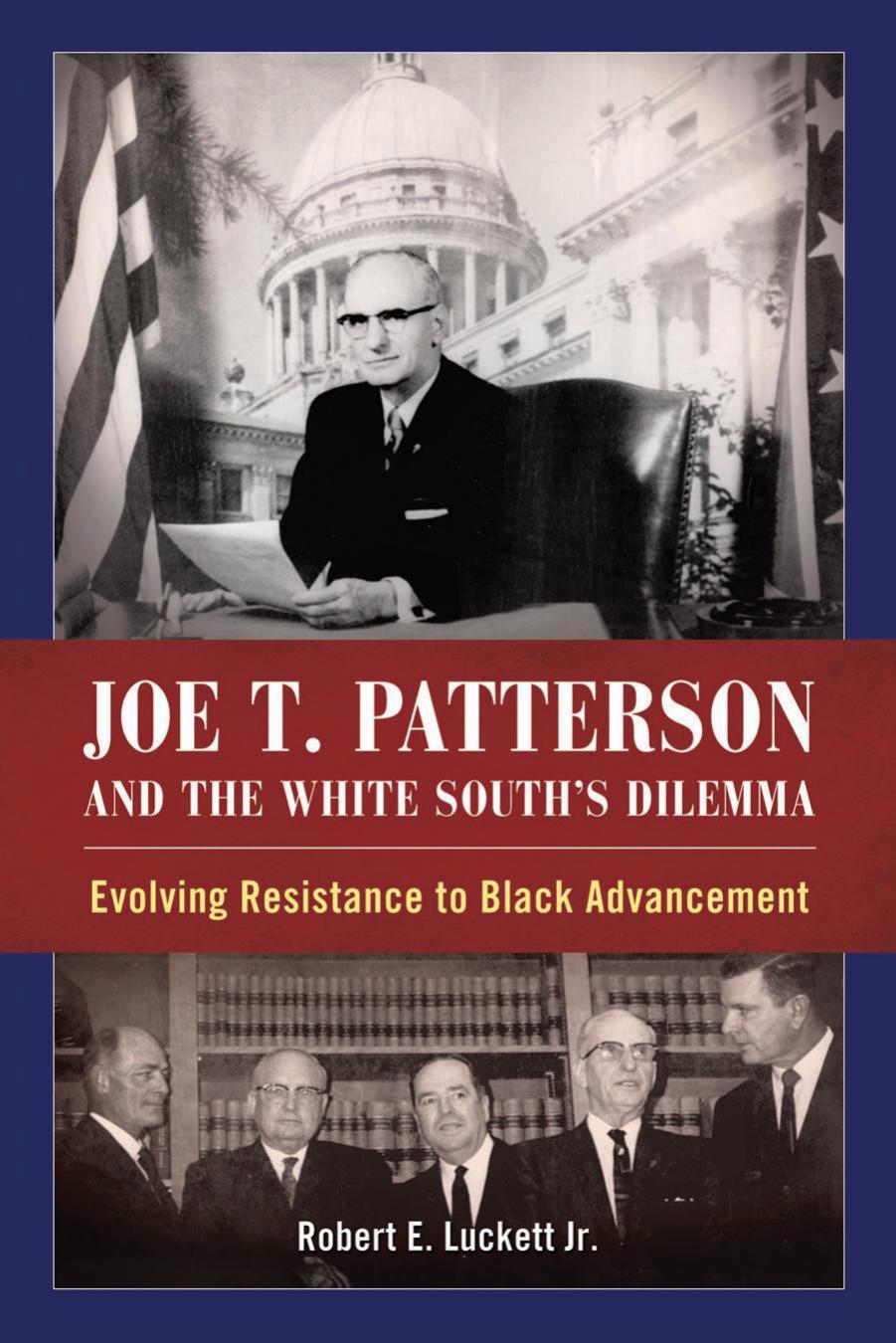Joe T. Patterson and the White South's Dilemma by Luckett Robert E.;

Author:Luckett, Robert E.;
Language: eng
Format: epub, pdf
Publisher: University Press of Mississippi
Published: 2015-02-17T16:00:00+00:00
CHAPTER 8
Freedom Summer
WHEN JOE PATTERSON WON A THIRD TERM IN OFFICE IN 1963, THE CIVIL rights movement was far from over, and long days remained for Mississippi’s attorney general. To come were the political challenges of the Mississippi Freedom Democratic Party (MFDP); Freedom Summer; the murders of Andrew Goodman, Michael Schwerner, and James Chaney; the Civil Rights Act of 1964; the Voting Rights Act of 1965; James Meredith’s March Against Fear; and countless other events. During those years, Patterson refused to renounce segregation and took tough stands against the movement. He also shaped a burgeoning brand of conservatism in the South, learned at the feet of Pat Harrison, which rejected the explicit racism that had characterized the region’s history but was predicated on the implicit subjugation of African Americans.
In the 1920s and 1930s, Harrison was the “other” Mississippi senator during the days of Theodore Bilbo and James K. Vardaman, the demagogic forerunners of Ross Barnett. In fact, Harrison defeated Vardaman to win office, and as the state’s junior US senator, Bilbo refused to support Harrison when he ran for Senate majority leader, causing Harrison to lose that position by one vote. Within that context, Harrison fashioned a rhetoric and action plan that attempted to avoid issues of race in order to garner power within and support from the federal government, especially as chairman of the Senate Finance Committee during the New Deal. Joe Patterson joined Harrison’s staff as his chief legislative aide in 1936, and much of his future ideology and public career was shaped by the Mississippi senator.
As Freedom Summer approached in Mississippi during 1964, Patterson stood at the forefront of a political machine that helped transition southern Democrats, who recognized the waning influence of white die-in-the-ditch resistance, into modern-day Republicans, who leaned on rhetoric meant to sustain white political hegemony without being explicitly racist. That transition was so successful that many purveyors of conservative politics believed that a supposed postracial America had dawned after the election of Barack Obama in 2008. No sign illustrated the shift in politics away from the days of Ross Barnett’s racist virulence better than Paul Johnson’s inaugural address as governor of Mississippi.
The son of a former governor who had made a name for himself as a relative moderate and Theodore Bilbo opponent, Johnson had been Barnett’s ally and his anointed successor when he joined Barnett in contempt of a Fifth Circuit Court order for his actions in delaying James Meredith’s admission to Ole Miss. When he addressed Mississippians at his inauguration on January 21, 1964, Governor Johnson shocked most people by his tone of moderation, especially after a campaign in which he had emphasized his acts of resistance during the Meredith crisis and criticized James P. Coleman for his ostensible weakness on civil rights issues. At the outset of his inaugural address, Johnson spoke about the advancement of the state in economic well-being, technology, science, and research. The subject of race did not come up until the end, and Johnson couched it in
Download
Joe T. Patterson and the White South's Dilemma by Luckett Robert E.;.pdf
This site does not store any files on its server. We only index and link to content provided by other sites. Please contact the content providers to delete copyright contents if any and email us, we'll remove relevant links or contents immediately.
| General | Discrimination & Racism |
Nudge - Improving Decisions about Health, Wealth, and Happiness by Thaler Sunstein(7244)
iGen by Jean M. Twenge(5163)
The Fire Next Time by James Baldwin(5017)
Adulting by Kelly Williams Brown(4235)
The Hacking of the American Mind by Robert H. Lustig(4086)
The Sports Rules Book by Human Kinetics(4078)
The Ethical Slut by Janet W. Hardy(4040)
Captivate by Vanessa Van Edwards(3726)
Mummy Knew by Lisa James(3521)
In a Sunburned Country by Bill Bryson(3368)
The Worm at the Core by Sheldon Solomon(3325)
Ants Among Elephants by Sujatha Gidla(3279)
Suicide: A Study in Sociology by Emile Durkheim(2905)
The Slow Fix: Solve Problems, Work Smarter, and Live Better In a World Addicted to Speed by Carl Honore(2837)
The 48 laws of power by Robert Greene & Joost Elffers(2808)
Humans of New York by Brandon Stanton(2687)
Handbook of Forensic Sociology and Psychology by Stephen J. Morewitz & Mark L. Goldstein(2603)
The Happy Hooker by Xaviera Hollander(2584)
The Tipping Point by Malcolm Gladwell(2559)
